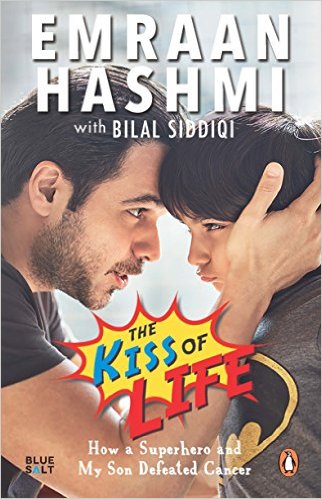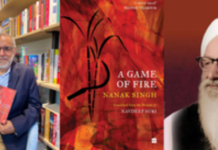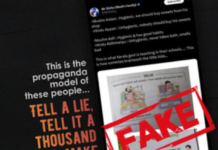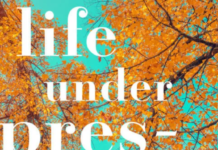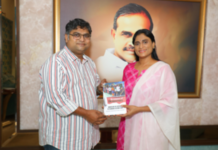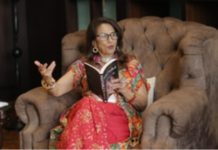By Somrita Ghosh
New Delhi–Amidst literary geniuses like Taslima Nasreen, Amitava Ghosh, Devdutt Pattanaik and Ramachandra Guha, some debutant authors twinkled in the galaxy of Indian literature and books.
Be it fiction or non-fiction, many authors made a mark and created an identity for themselves. While many opted for rom-com to woo readers’ hearts, some opted for coming of age stories while a few created controversies.
The year saw many senior journalists penning their personal accounts which depicted the harsh truth and some dose of reality — entangled with controversy, ofcourse!
Journalist Rana Ayyub’s “Gujarat Files Anatomy of a Cover Up”, based on a sting operation to unravel the truth behind the 2002 Gujarat riots became quite a sensation. So did Josy Joseph’s “A Feast of Vultures: The Hidden Business of Democracy in India” which draws upon two decades of his skills as an investigative journalist and exposes how some of the industrial houses “own” the country.
Senior journalist Akshaya Mukul’s “Gita Press and the Making of Hindu India”, an account of one of the most influential publishing enterprises, was also acclaimed by readers. Mukul also won the Shakti Bhatt First Book Prize — now in its 9th edition — for his work.
Former JNU Students Union President Kanhaiya Kumar also made his literary debut this year with “Bihar To Tihar: My Political Journey”.
”
“The Ivory Throne: Chronicles of the House of Travancore” by 26-year-old Manu S. Pillai was also praised for its focus on the remarkable life and work of Sethu Lakshmi Bayi, the last — and forgotten — queen of the House of Travancore.
Saurabh Dugggl’s recently-launched “Akhara”, which dwells on the life of wrestler Mahabir Singh Phogat and his daughters, has already created a buzz — and is the inspiration for a Bollywood film. The year also saw the literary debut of tennis star Sania Mirza, who co-wrote “Ace Against Odds” with her father Imran Mirza and sports journalist Shivani Gupta.
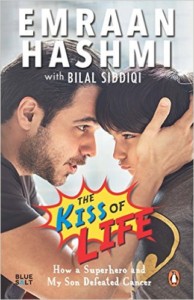 Bollywood actor Emraan Hashmi too entered the league of debutant authors with “Kiss of Life”, co-written by Bilal Sidiqqi, on his son’s struggle with cancer. Aseem Chhabra’s “Shashi Kapoor: The Household, The Star” is the first biography of the actor.
Bollywood actor Emraan Hashmi too entered the league of debutant authors with “Kiss of Life”, co-written by Bilal Sidiqqi, on his son’s struggle with cancer. Aseem Chhabra’s “Shashi Kapoor: The Household, The Star” is the first biography of the actor.
Another book that made the mark was “Swimmer Among the Stars Storis” by Kanishk Tharoor, as did Madhu Gurung’s “The Keeper of Memories” and Nayeema Mahjoor’s first-hand account on Kashmir — “Lost in Terror”.
Tanuj Solanki’s “Neon Noon” was also liked while Manu Bhattathiri’s “Savitri’s Special Room”, a delightful collection of stories that bring together an eccentric cast of characters, was much appreciated.
Romance retained its position as one of the favourite themes for debutant authors like “The Wedding Photographer” by Sakshama Puri Dhariwal, which garnered praise owing to its being set amidst the hustle and bustle of a Big Fat Indian wedding. Priyanka Mookherjee’s “Hedon” was also liked.
Savi Sharma’s “Everyone Has a Story” had different characters from different backgrounds coming under one roof and sharing their stories.
The year also witnessed an abundance of women authors who became vocal with their writings on sexual emancipation and craving for a self-identity. The characters came out strong-willed and bold and who don’t hesitate to speak out their hearts and minds.
Take Ratika Kapor’s “The Private Life of Mrs Sharma” which dramatically examines the clash of tradition and modernity from the eyes of the protagonist, Renuka Sharma. Kanchana Banerjee’s “A Forgotten Affair” also dwells on a woman looking for an identity.
Publishing houses have been playing a pivotal role in putting the limelight on first- time writers, nurturing their talent.
“Every established author today once wrote a first book. And every editor dreams of discovering that author or book whose work goes on to become truly significant. So it is not a philanthropic motive but that publishing houses are always searching for good writing, good content, and debut writing is a very good place to look,” Ajitha GS, Senior Commissioning Editor at Harper Collins, told IANS””
“There are so many titles in the market; it is crowded and not everyone knows how to find what they read; festivals, reviews and social media can effectively get to readers. Secondly, we need to read more literary fiction — it needs an extra push and word of mouth helps,” Ambar Sahil Chatterjee, Commissioning Editor at Penguin said in same context. (IANS)



